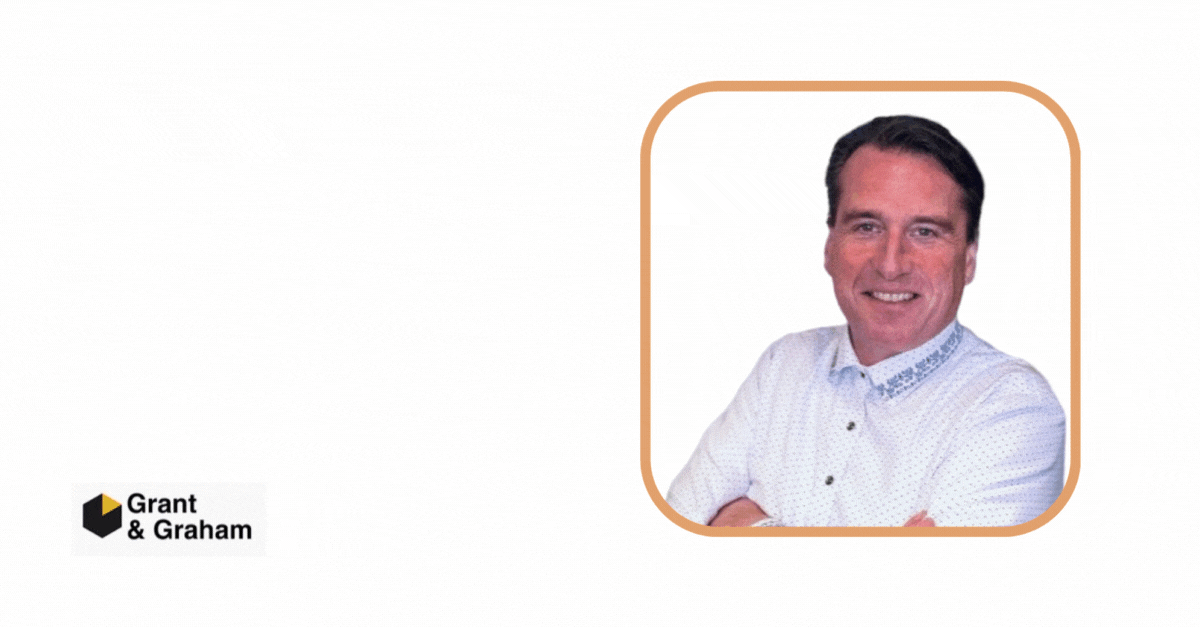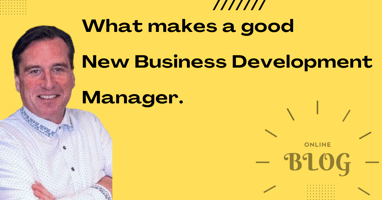The role of a Project Manager is likely to evolve in response to technological advancements,...
My experience as Project Manager (Software Development)
 In my role as a Project Manager, I had the privilege of leading and collaborating with talented full-stack developers within the framework of Scrum. This experience allowed me to facilitate agile development, maximize team productivity, and deliver high-quality software solutions. Below, I provide a comprehensive overview of my responsibilities, strategies, and key achievements in this capacity.
In my role as a Project Manager, I had the privilege of leading and collaborating with talented full-stack developers within the framework of Scrum. This experience allowed me to facilitate agile development, maximize team productivity, and deliver high-quality software solutions. Below, I provide a comprehensive overview of my responsibilities, strategies, and key achievements in this capacity.
1. Embracing Agile Methodology:
I championed the adoption of the Scrum framework, promoting agile principles and values within the development team. Introduced Scrum ceremonies, including Sprint Planning, Daily Standups, Sprint Reviews, and Sprint Retrospectives, to improve transparency, collaboration, and responsiveness.
2. Team Leadership and Empowerment:
Fostered a culture of self-organization and cross-functional collaboration among full-stack developers. Provided clear goals, direction, and support while encouraging team autonomy and accountability. Empowered team members to make decisions collectively and prioritize tasks effectively.
3. Agile Project Planning:
Collaborated with Product Owners to define and refine user stories, ensuring that requirements were well-defined and prioritized in the product backlog. Conducted Sprint Planning sessions to commit to a realistic amount of work for each sprint, considering team capacity and project goals.
4. Sprint Execution and Monitoring:
Facilitated Daily Standup meetings to keep the team aligned, discuss progress, and address any impediments or roadblocks. Tracked sprint progress using Scrum boards or digital tools, ensuring that the team was on track to meet sprint goals.
5. Continuous Improvement:
Led Sprint Retrospectives to identify areas for improvement and implemented actionable process enhancements to enhance team productivity and product quality. Encouraged open and honest feedback within the team, fostering a culture of continuous improvement.
6. Stakeholder Collaboration:
Acted as a liaison between the development team and stakeholders, ensuring that the product backlog was well-maintained, and priorities were clear. Collaborated closely with Product Owners and business stakeholders to gather feedback and refine the product roadmap.
7. Quality Assurance and Testing:
Promoted test-driven development (TDD) and conducted code reviews to maintain code quality and minimize defects. Worked with Quality Assurance (QA) teams to ensure comprehensive testing coverage, reducing the likelihood of post-release issues.
8. Project Delivery and Success:
Managed project timelines and budgets, ensuring that project deliverables were completed on time and within scope. Celebrated successful Sprint Reviews by showcasing completed features to stakeholders and gathering their feedback.
9. Conflict Resolution and Team Dynamics:
Addressed conflicts and challenges within the team promptly, seeking resolutions that prioritized team cohesion and project success. Encouraged a positive and collaborative work environment that motivated full-stack developers to excel.
10. Metrics and KPIs:
Defined key performance indicators (KPIs) to measure the team's velocity, sprint progress, and product quality. Utilized data-driven insights to make informed decisions and optimize team performance.
11. Professional Development:
Encouraged continuous learning and skill development among team members, ensuring they stayed current with emerging technologies and best practices.
12. Last projects:
- Company: Worldline
- Position: Business Delivery lead
- Company: Let’s Talk
- Position: Lead Project Manager
- Company: Media Markt
- Position: Project Manager
My experience as a Project Manager leading full-stack developers within the Scrum framework has been marked by a commitment to agile principles, effective team leadership, proactive project management, and a relentless pursuit of excellence. This approach has not only facilitated successful project deliveries but has also contributed to the growth and development of the development team, fostering a culture of continuous improvement and innovation.
13. My way of working
Dealing effectively with full-stack developers is crucial for project success and maintaining a productive and positive working environment. Here are some key strategies and considerations:
Understand Their Skill Set
Full-stack developers have expertise in both front-end and back-end technologies. Familiarize yourself with their skills and capabilities to assign tasks that align with their strengths.
Encourage Continuous Learning
Full-stack development is a rapidly evolving field. Encourage developers to stay updated with the latest technologies and trends. Support their pursuit of certifications or training programs.
Clear Communication
Maintain open and clear lines of communication. Full-stack developers should have a complete understanding of project goals, requirements, and priorities.
Empower Decision-Making
Trust full-stack developers to make technical decisions within their domain. They often excel when given autonomy to choose the best tools and approaches.
Collaborative Environment
Foster a collaborative atmosphere where developers can work closely with other team members, including designers, product owners, and testers.
Task Prioritization
Work with developers to prioritize tasks based on project needs. Use methods like user story mapping to ensure alignment with user requirements.
Flexibility and Adaptability
Full-stack developers are adaptable and can switch between front-end and back-end work. Capitalize on this versatility to optimize resource allocation.
Code Reviews
Encourage regular code reviews to maintain code quality and ensure best practices are followed. Constructive feedback is essential for growth.
Project Scope Awareness
Help developers understand the broader project scope and how their work contributes to the overall objectives.
Recognition and Acknowledgement
Recognize and acknowledge their contributions to the project's success. Acknowledgement boosts morale and motivation.
Provide Growth Opportunities
Support their professional growth by offering opportunities to lead projects, mentor junior developers, or participate in architecture discussions.
Conflict Resolution
Address conflicts promptly and constructively. Encourage open dialogues to resolve issues and maintain a positive team dynamic.
Stay Technically Informed
While you may not be a full-stack developer, staying informed about relevant technologies and industry trends will enable more informed discussions and decisions.
Balance Workload
Ensure that workloads are balanced, avoiding burnout. Acknowledge the challenges of multitasking and provide support as needed.
Celebrate Achievements
Celebrate project milestones and achievements as a team. This fosters a sense of accomplishment and camaraderie.
Feedback Loop
Establish a feedback loop where developers can provide input on processes, tools, and project strategies. Their insights can drive improvements.
Supportive Environment
Foster an environment where full-stack developers feel comfortable expressing ideas, asking questions, and seeking help when needed.
Remember that full-stack developers are valuable assets with a unique skill set. By understanding their capabilities, providing opportunities for growth, and maintaining effective communication, you can harness their potential to contribute significantly to project success.


